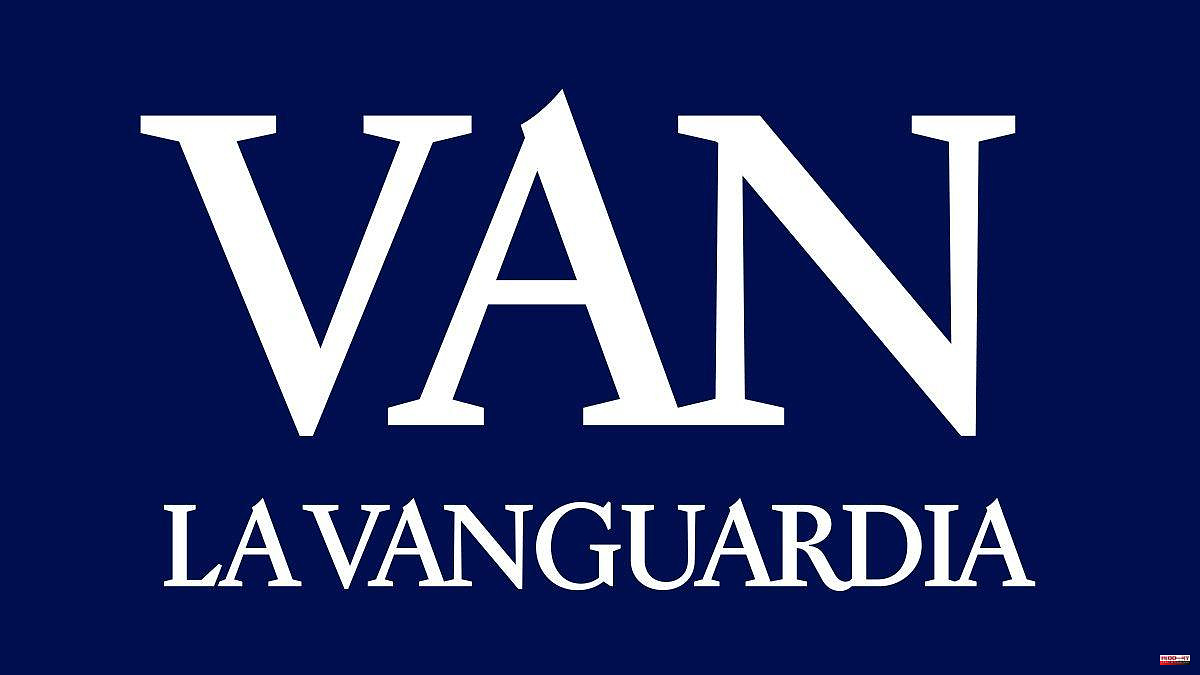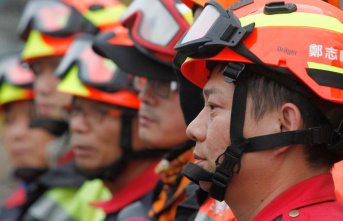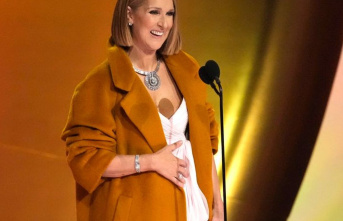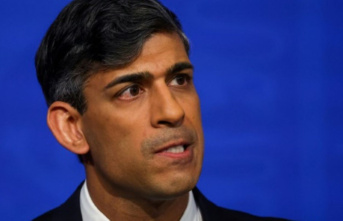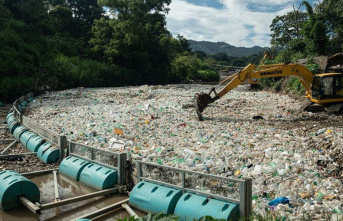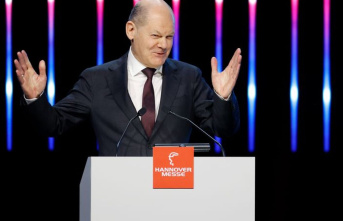It often occurs to me like the writer Marilynne Robinson, 2005 Pulitzer Prize winner, who wrote in one of her essays: "I miss civilization and I want it back." We deserve a world richer in ideas and debates about who we are and where we are going. A world where stories do not prevent knowing reality. And where we can advance in thought and in democracy.
A book entitled A constructivist rhetoric has come into my hands, by professors David Pujante and Javier Alonso Prieto, which is a vindication of rhetoric as a method to improve our society. The authors warn that today there is no compulsory practice in schools of debates between students, something that we often observe in North American films as the basis of their learning. It is "a necessary practice, from children, to learn to speak in public, to dialogue and debate with respect, and with well thought-out reasoning".
It is evident that truth and freedom, which are the pillars of a democratic society, require discursive construction. And more considering that the globalized world has replaced writing as the fundamental means of communication between people and peoples by oral discourse. Today the world of work and personal relationships revolves around the mobile. “When there was no cell phone, how did you meet friends?”, I heard a teenager ask his father. The world has changed and communication is mostly oral. But for this young man who cannot imagine a world without cell phones, it is more necessary than ever to learn to reflect, analyze and draw conclusions about everything that happens. And he must know how to build arguments, argue about what is for and what is against. The immediacy of social media may not help. So it is essential that public education programs recover rhetoric and dedicate more time to the comprehensive reading of texts by writers, thinkers, poets or journalists. Only a critical generation but with the ability to argue will be able to achieve a fairer and freer society.
4

